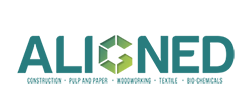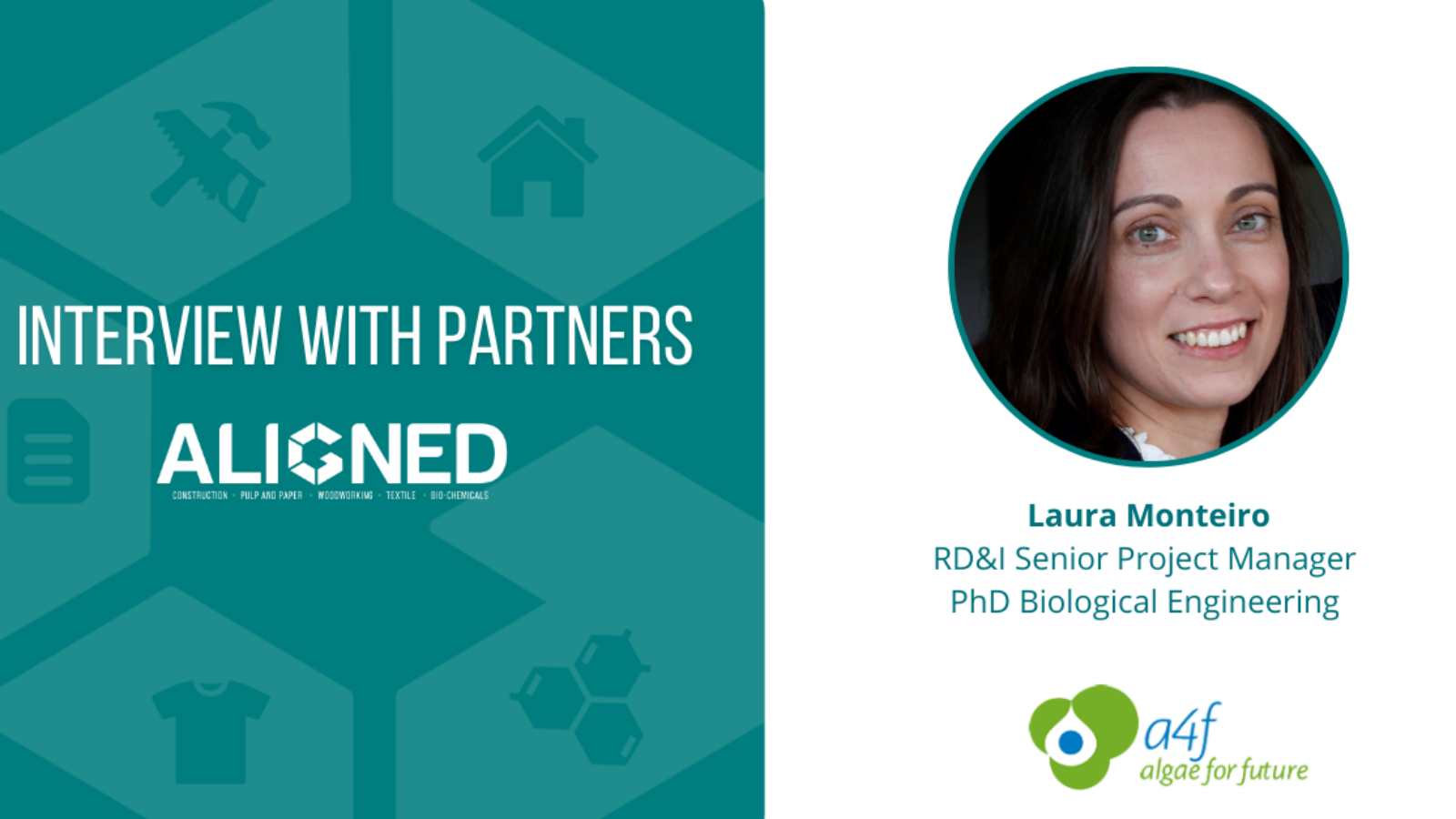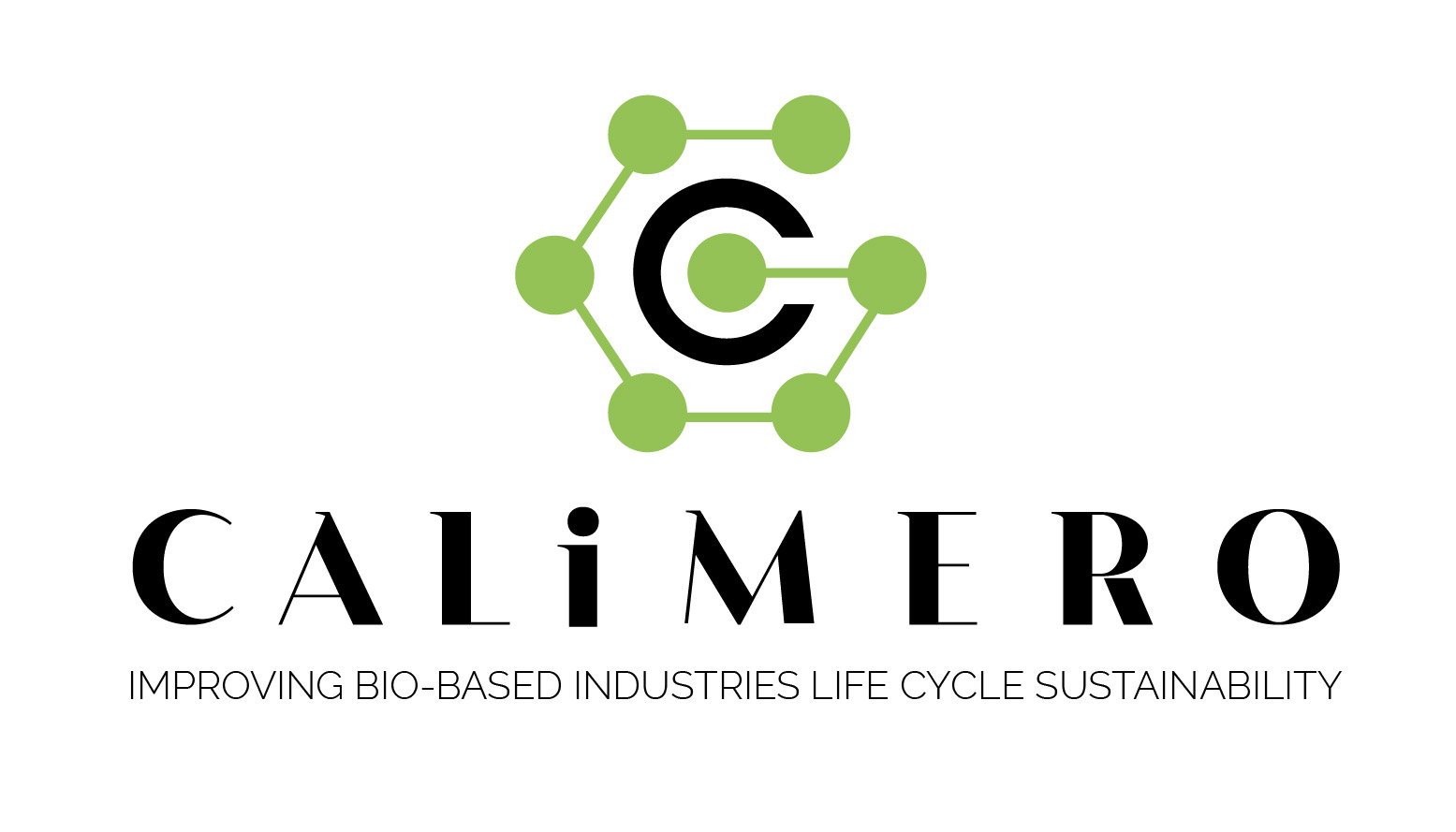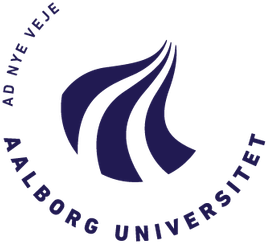In our interview with Laura Monteiro from AlgaeForFuture, a key partner in the ALIGNED Project, we dive into their role in advancing sustainability within the Blue Bio-based industry. A4F focuses on implementing advanced Life Cycle Assessment (LCA) methods to evaluate the environmental performance of large-scale industrial microalgae cultivation and biorefinery. This pioneering work aims to shape the future of sustainability standards and practices in this emerging industry.
What is the role of A4F in the ALIGNED project?
A4F leads WP9, dedicated to the Blue Bio-based industry. Our goal is to apply and evaluate the performance of the advanced LCA methods developed within the project, in a real-world case study of industrial microalgae cultivation and biorefinery. In the ALIGNED project, A4F aims to better assess the environmental performance of this emerging industry in Europe, particularly on what concerns water and energy use, but also the effective CO2 uptake by the microalgae. These are critical aspects for this industry to thrive, so it is very important to develop robust assessment methodologies. Also, A4F will identify improvement measures that are suitable at the industrial scale and provide guidelines that can be uptaken by other companies for the sustainable development of the microalgae industry.
Could you elaborate on how A4F intends to apply the advanced LCA methods developed within the project to analyze the performance and value addition in a real-world case study of the blue biobased industry?
A4F is implementing the largest microalgae production facility in the EU, which includes also a biorefinery. The sustainability assessment studies that exist usually refer to small pilot to demonstration facilities. The use of the advanced LCA methods to the industrial facilities of microalgae cultivation and biorefinery will allow to creation of breakthrough knowledge on microalgae sustainability assessment. A4F will use the advanced LCA methods to assess the industrial processes and depict environmental hotspots that will be optimized, within the project lifetime, to improve the environmental performance of the system. The lessons learned will be extrapolated and will allow to improve the performance of future microalgae facilities developed by A4F and others.
Because the microalgae sector is a new and small sector, there are no specific sustainability standards or policies for this industry. However, the need to create standards and knowledge on sustainability assessment of microalgae cultivation and processing is key to improving the ongoing debate on CCU/CCS and the potential role of microalgae on the carbon credits market, as well as to demonstrating the advantages of using microalgae feedstocks in alternative to conventional plant-based feedstocks.























Add a Comment